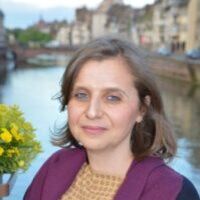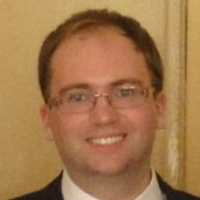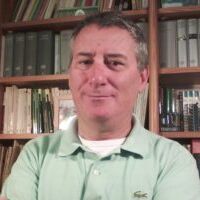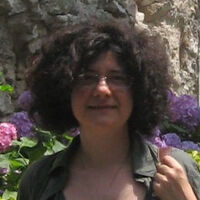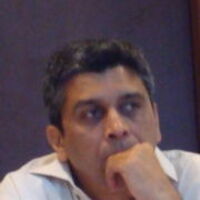2022-2024

Shankar Raman’s research focuses on late medieval and early modern literature and culture. He received his PhD in English Literature (with a minor in German) from Stanford University in 1995, switching fields and careers after receiving both a master’s (University of California, Berkeley) and a bachelor’s (MIT) degree in electrical engineering (as well as a second bachelor’s at MIT through the architecture department). From 2005 to 2010, he participated in Making Publics: Media, Markets and Associations in Early Modern Europe, 1500 – 1700 [MaPs], a major five-year interdisciplinary research initiative funded by the Social Sciences and Humanities Research Council (SSHRC) of Canada. In 2010-2011, he was a Beatrice Shepherd Blaine Fellow at the Radcliffe Institute of Advanced Study (Cambridge, MA) and was recently named a MacVicar Teaching Fellow at MIT, the institute's highest teaching honour.
His first book, Framing ‘India’: The Colonial Imaginary in Early Modern Culture (Stanford 2002), examines the relationship between colonialism and literature in sixteenth- and seventeenth-century Europe. It compares Portuguese, English and Dutch colonial activity to examine the role of India as a figure through which these diverse European powers imagined and defined themselves. A second book, Renaissance Literature and Postcolonial Studies, was published by Edinburgh University Press (2011). Professor Raman is also co-editor of Knowing Shakespeare: Senses, Embodiment, Cognition (Palgrave Macmillan 2010). He is currently working on a monograph on the relationship between literature and mathematics in early modern Europe, tentatively entitled Before the Two Cultures.
Project - Before the two cultures: literature and mathematics in early modern Europe
Before the two cultures reveals surprising connections between mathematics and literature in sixteenth- and seventeenth-century Europe. Long before science was a profession, early modern mathematical concepts evolved in contexts not narrowly scientific. To truly understand them, we must relate them to other areas of cultural expression. Literature in particular addressed issues equally vital to the burgeoning sciences of quantification: calculability, contingency, and the rationality of belief in an increasingly uncertain world.
Among others, Montaigne, Sidney, Shakespeare, Donne, Cavendish, Pascal and Milton all elaborated -- but also challenged -- forms of abstract reason rapidly developing in domains such as arithmetic, geometry, algebra, probability, and calculus. Yet, among literary scholars, mathematics remains largely unconsidered. Professor Raman aims to explore this new field of study in a way that does justice to both literary form and mathematical content, each having played a formative role in the creation of modernity.

